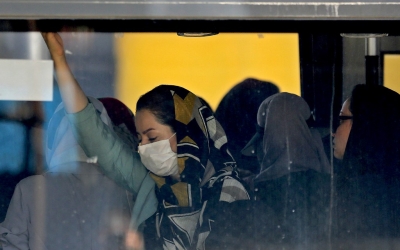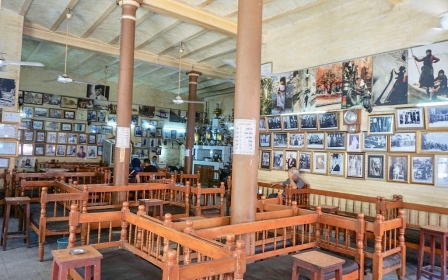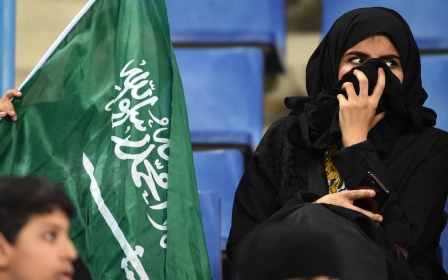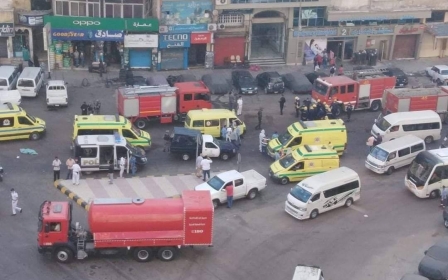Coronavirus cases at 'critical threshold' in Middle East: WHO

The World Health Organisation has warned that the Middle East is at a decisive moment in the fight against the coronavirus, with cases surging as countries ease lockdown measures.
The global health body reported on Wednesday that there were more than one million cases Covid-19 across the 22 countries that form the WHO's Eastern Mediterranean region, which stretches from Morocco to Pakistan.
"We are at a critical threshold in our region," WHO Middle East head Ahmed al-Mandhari said in an online news conference.
More than 80 percent of all deaths in the region have been reported in five countries: Egypt, Iran, Iraq, Pakistan and Saudi Arabia, which al-Mandhari described as a "concerning milestone".
"The number of cases reported in June alone is higher than the total number of cases reported during the four months following the first reported case in the Region on 29 January," he said.
Iran, which has been struggling to contain the Middle East's deadliest outbreak, recorded its highest single-day Covid death toll on Monday with 162 fatalities. It now has a recorded a total of 230,211 infections and 10,958 deaths.
In neighbouring Iraq, authorities have refused to reimpose strict lockdown measures, even as hospitals across the country, battered by years of war, have been swamped in recent weeks.
Saudi Arabia, which decided to hold a 'limited' Hajj this year amid the pandemic, has been the hardest-hit country in the Gulf region, recording more than 194,225 infections and 1,700 deaths.
'Cautious and vigilant'
Mandhari attributed the increase in cases to more testing and the lifting in recent weeks of restrictions put in place to combat the spread of the virus.
He urged individuals to be "cautious and vigilant" as lockdowns and curfews were eased, and to follow protocols recommended by health authorities.
"Easing of lockdowns does not mean easing of the response or easing of social responsibilities," said Mandhari, adding that there was a risk the number of cases will increase as public spaces reopen "even in countries where the situation now seems to be stabilising".
He called for global solidarity in the face of the pandemic, urging countries to "strengthen" their health-care systems.
Other WHO officials who participated in the meeting said Middle East governments needed to make more efforts in preparing intensive-care unit beds and emergency wards.
Middle East Eye propose une couverture et une analyse indépendantes et incomparables du Moyen-Orient, de l’Afrique du Nord et d’autres régions du monde. Pour en savoir plus sur la reprise de ce contenu et les frais qui s’appliquent, veuillez remplir ce formulaire [en anglais]. Pour en savoir plus sur MEE, cliquez ici [en anglais].





